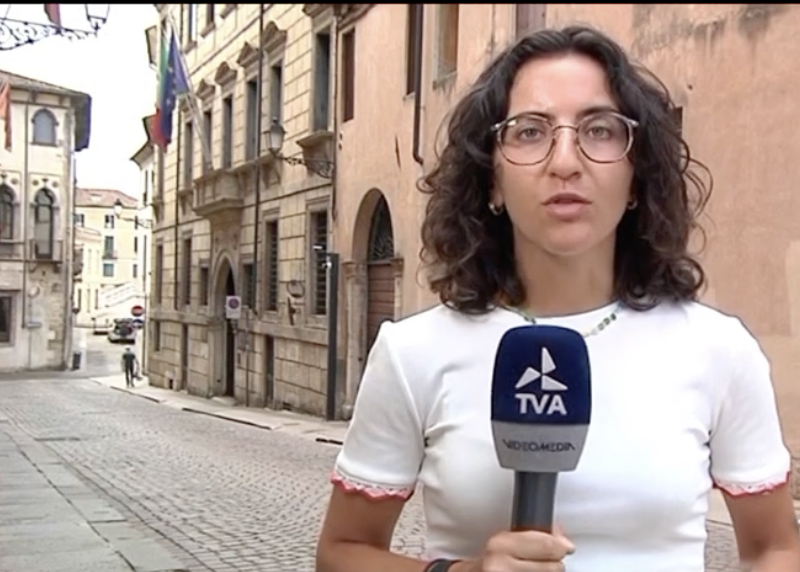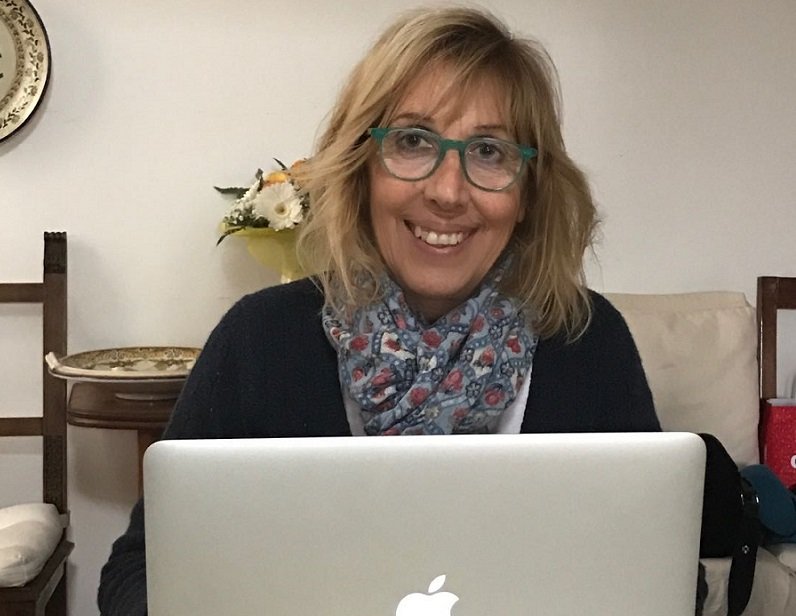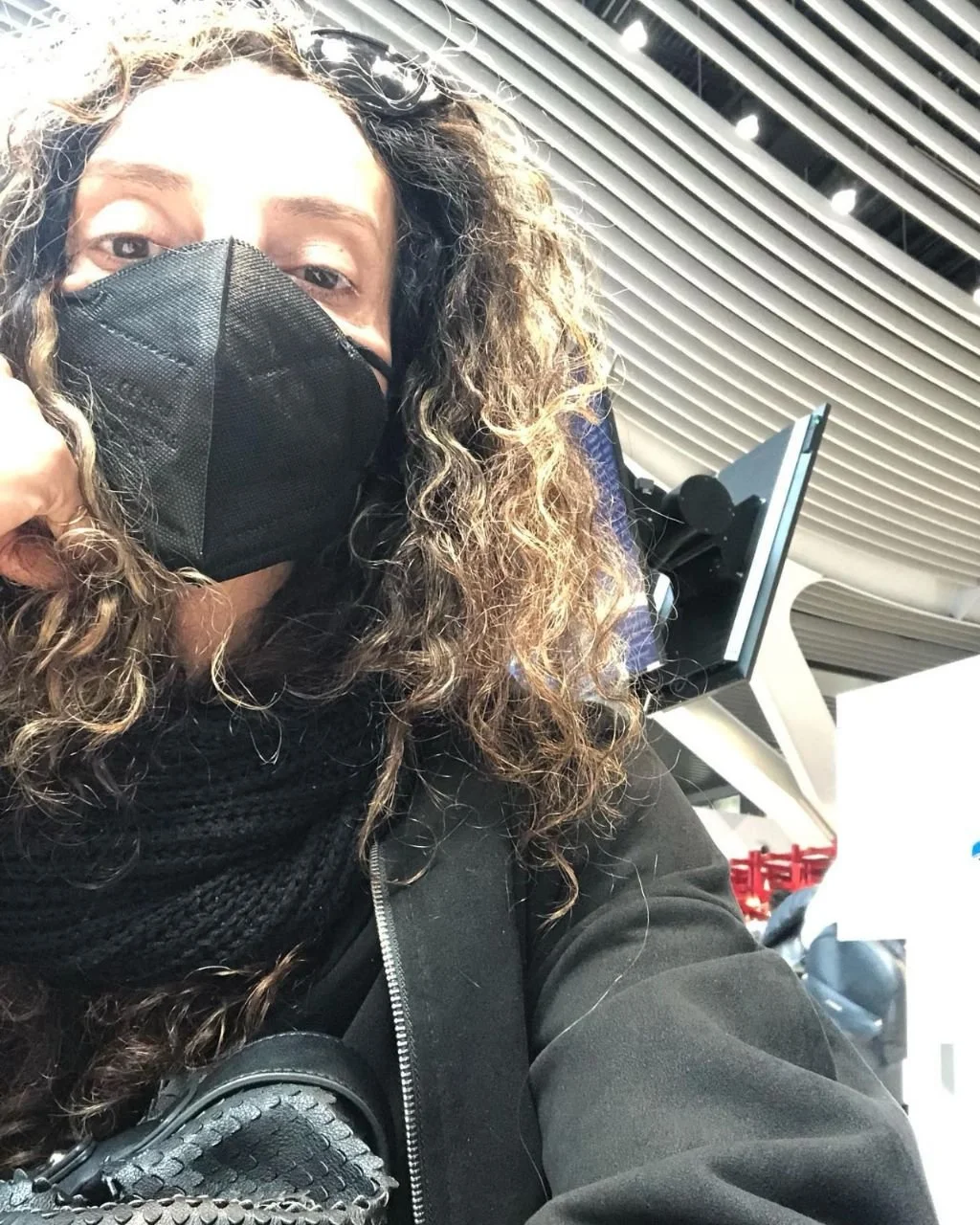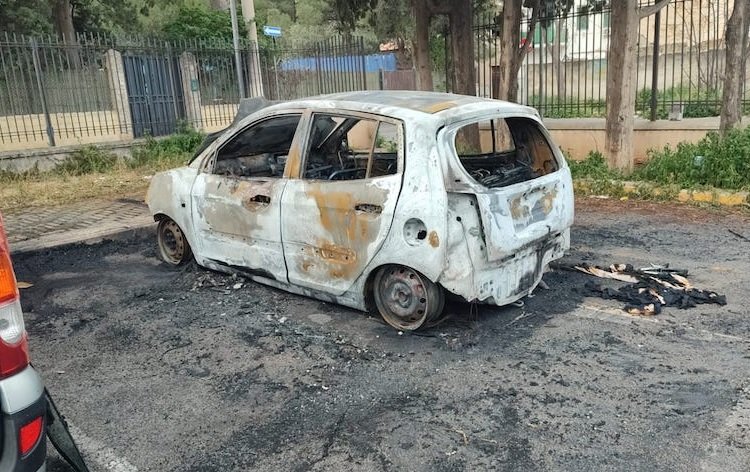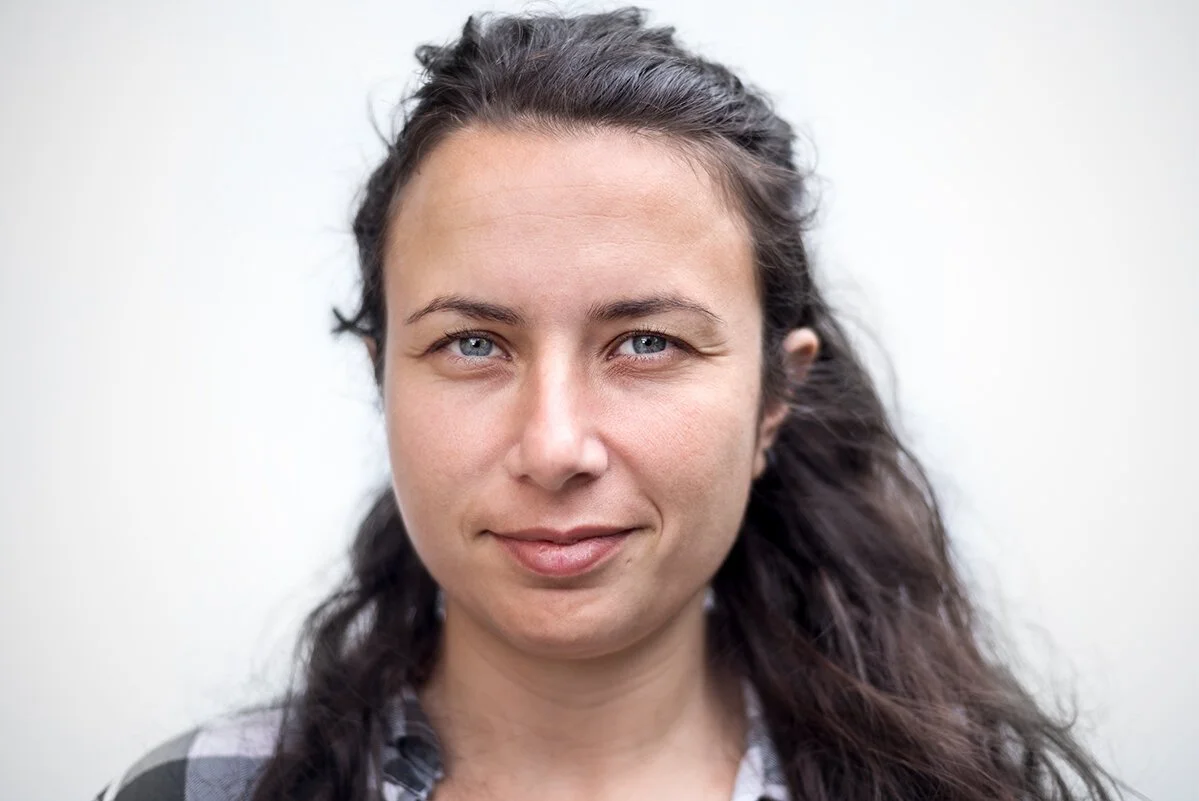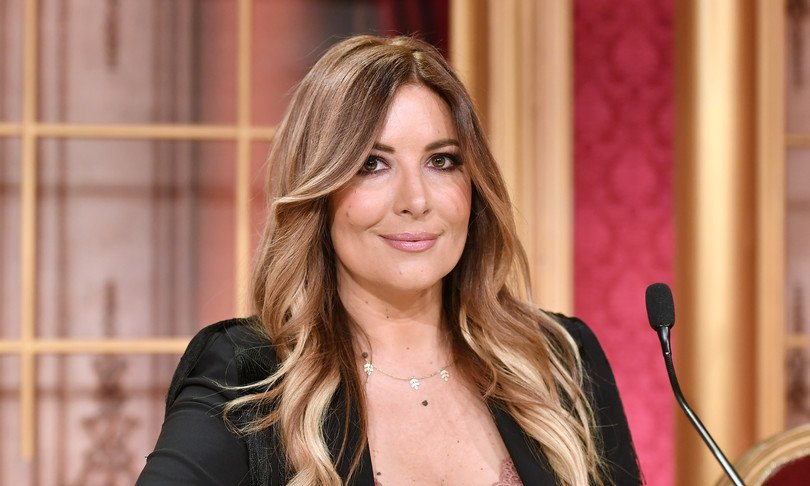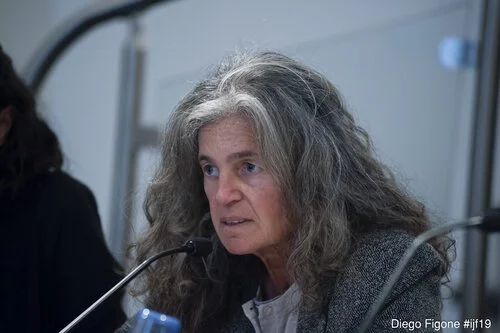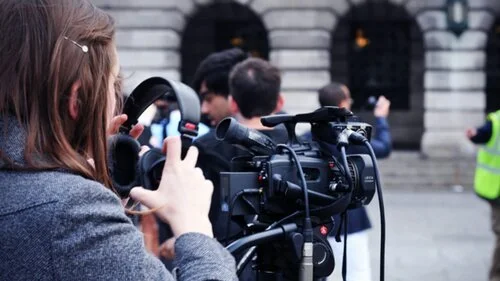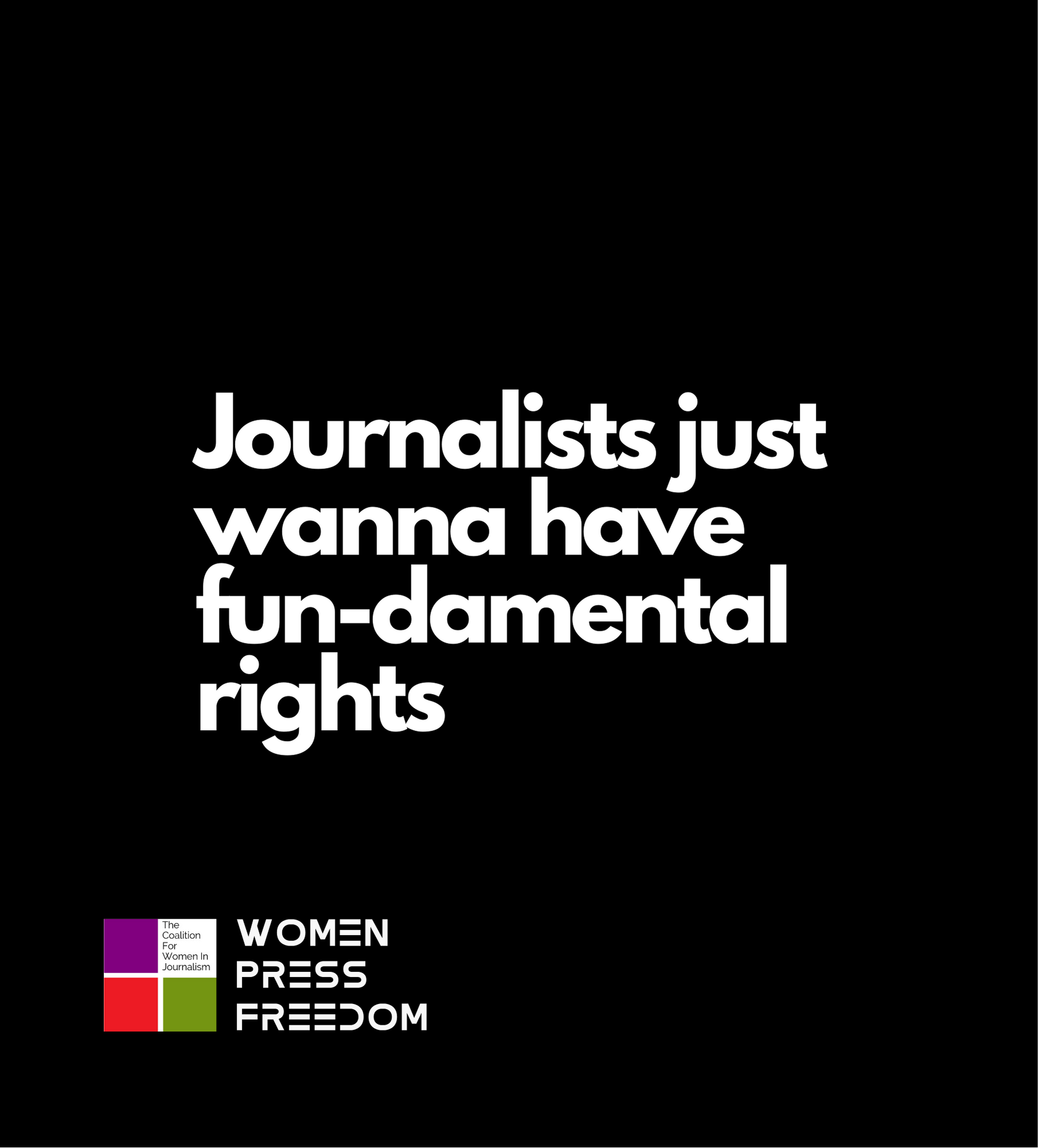Italy: Giulia Cortese Fined for Defamatory Comments on Prime Minister Meloni's Height
One of the multiple vexatious lawsuits brought by the country’s leader against journalists
Location: Italy, Milan
Date: July 18, 2024Women Press Freedom is dismayed by a court’s decision ordering Giulia Cortese to pay damages to Prime Minister Giorgia Meloni for “defamatory remarks” she made on social media, which the court deemed as "body shaming." This conviction is the latest in a worrying trend in Italy where legal actions are used by political figures to silence journalists. This case, along with similar lawsuits against journalists like Rula Jebreal and Roberto Saviano, shows a growing pattern of intimidation that threatens press freedom. Ruling in favor of the plaintiff in this nuisance lawsuit aimed at intimidating a journalist that is critical of Meloni’s government, just serves to encourage similar suits in the future. Instead, we urge the Italian government to enact legal reforms, particularly surrounding defamation laws, to protect journalists and ensure they can work without fear of legal persecution.
On July 18, 2024, journalist Giulia Cortese was ordered to pay Prime Minister Giorgia Meloni €5,000 in damages for mocking her height on social media. A judge ruled that two tweets by Cortese were defamatory and amounted to "body shaming."
In reaction to the verdict, Cortese said the Meloni’s government had a "serious problem with freedom of expression and journalistic dissent."
The lawsuit against Cortese traces back to October 2021, a year before Meloni’s far-right coalition ascended to power. Cortese, a Milan-based journalist, posted a doctored photo of Meloni with fascist dictator Benito Mussolini on Twitter (now X). Meloni responded on Facebook, condemning the image and announcing legal action.
The contentious tweets that followed included Cortese calling Meloni a “little woman” and commenting, “You don’t scare me, Giorgia Meloni. After all, you’re only 1.2 meters (4 ft) tall. I can’t even see you.”
The Milan judge ruled these statements as defamatory, resulting in damages and a suspended €1,200 fine for Cortese.
Cortese expressed outrage over the ruling. “There’s [a] climate of persecution. I don’t feel I have the freedom anymore to write about this government because once you are identified as an inconvenient journalist for this government, they don’t let anything pass.”
While Cortese has the option to appeal, she is hesitant due to potential high costs and uncertain outcomes.
Meloni’s legal team indicated that the €5,000 would be donated to charity upon confirmation of the definitive sentence and payment.
Meloni’s Tightening Grip on the Media and Pervasive Use of SLAPPs
Since taking office nearly two years ago, Meloni and her party, the Italian Brotherhood, have been criticized for exerting extreme pressure on the national broadcaster, RAI. They have reportedly forced out legacy executives and hosts, replacing them with political allies.
The turmoil at RAI, now nicknamed “Tele-Meloni,” reflects broader issues in Italian media. Italy's press freedom ranking dropped from 41 to 46 this year due to threats from organized crime and extremist groups, restrictive gag laws, and a legal system that facilitates SLAPPs (Strategic Lawsuits Against Public Participation).
Italy's defamation laws are often exploited in SLAPP cases, with politicians, including the current Prime Minister, using the law to intimidate journalists through defamation lawsuits.
The Italian criminal code has provisions that could land individuals behind bars for up to three years if they engage in defamatory acts through the press. Despite a Constitutional Court ruling in 2020 urging the government to scrap rules allowing citizens to be imprisoned for defamation, the Italian parliament has failed to act.
Instead, Meloni’s administration has faced accusations of using defamation suits to stifle dissent and exert influence over Italian media. Notably, anti-mafia writer Roberto Saviano was fined €1,000 for calling Meloni “a bastard” in a TV interview regarding her migration policies. Meloni is also suing Palestinian journalist Rula Jebreal over a tweet from September 2022, alongside another lawsuit from Fabio Rampelli, a politician from Meloni’s party.
Women Press Freedom condemns the defamation conviction of Giulia Cortese, that points to a broader crisis in press freedom in Italy. While her remarks about the Prime Minister were unwise and insulting, they hardly justify a €5,000 of damages. The increasing use of SLAPPs and defamation suits by political figures, especially Prime Minister Giorgia Meloni and members of her administration, fosters a climate of fear and self-censorship among journalists. We urge the Italian government to urgently reform its defamation laws and strengthen protections for journalists.. The European Union and press freedom organizations must persist in pressuring Italy to honor its commitments to free expression and journalistic independence.
Women Press Freedom is an initiative by The Coalition For Women In Journalism
The Coalition For Women In Journalism is a global organization of support for women journalists. The CFWIJ pioneered mentorship for mid-career women journalists across several countries around the world and is the first organization to focus on the status of free press for women journalists. We thoroughly document cases of any form of abuse against women in any part of the globe. Our system of individuals and organizations brings together the experience and mentorship necessary to help female career journalists navigate the industry. Our goal is to help develop a strong mechanism where women journalists can work safely and thrive.
If you have been harassed or abused in any way, and please report the incident by using the following form.









